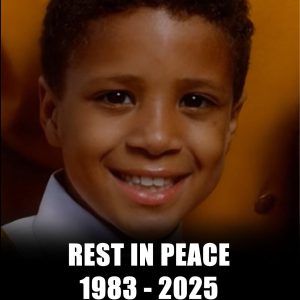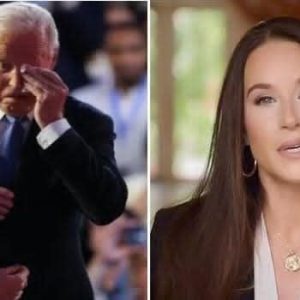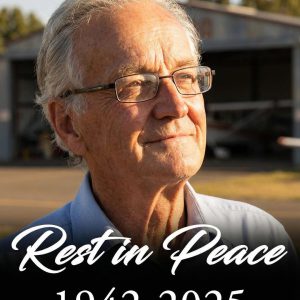Eleanor served her church faithfully for nearly five decades. She taught Sunday school, led youth groups, cooked meals, and even funded scholarships for children who couldn’t afford mission trips. She never asked for anything in return—until she needed help.When a car accident left her unable to walk without assistance, Eleanor reached out to her church family. She asked for rides,...






https://t.me/s/officials_pokerdom/3603
https://t.me/s/BeEFcAsiNO_OfFiCiALS